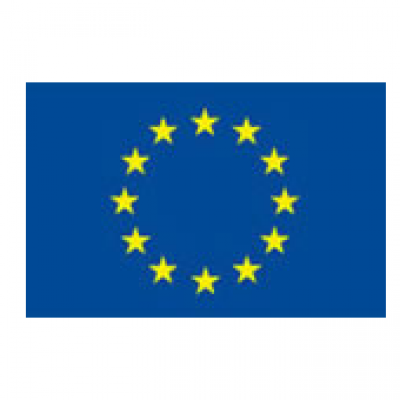Share
Print

The Delegation of the European Union (DUE) in the Central African Republic officially represents the European Union in the country. Present in the Central African Republic since 1957, the representation of the EU in CAR has become, with the entry into force of the Lisbon Treaty in December 2009 and the creation of the European External Action Service (EEAS), a diplomatic mission under of the Vienna Convention. Our Delegation is also responsible for the representation of the European Union before the Commission of the Economic and Monetary Community of Central Africa (CEMAC) with which we maintain close relations.
The Delegation is currently headed by Ambassador Samuela Isopi.
The European Union Delegation to CAR is part of a global network of around 130 Delegations attached to the EEAS and working in close collaboration with the diplomatic missions of the member states. The Delegations and the EEAS give their full support to Mrs Federica Mogherini in her function as Head of European diplomacy. This involves monitoring European Union policies in all sectors, promoting and defending the values of the European Union and contributing to greater coherence in the EU's external action around the world, up to its political, economic and commercial role, and current global challenges: multilateralism, climate change, energy, peacekeeping, conflict resolution, rooting of democracy and good governance.
Development cooperation with African, Caribbean and Pacific States is mainly funded by the European Development Fund (EDF). Under the Cotonou Agreement and in order to ensure genuine appropriation of the aid provided by the EU, the governments of the countries are responsible for appointing a "National Authorizing Officer" who represents them in all activities financed from EDF resources . The Head of Delegation is the local link between the European Commission, which manages European cooperation, and the national authorities. Working in close collaboration with the national authorizing officer, he defines, in agreement with the headquarters, the sectoral strategy and policies and prepares, instructs and evaluates EDF programs and projects. The Delegation also manages the contributions of several other financial instruments in CAR, including the Instrument for Stability and Peace and several thematic lines. In addition to the classic instruments of its cooperation, and given the difficulties the country has faced, the European Union created in 2014 with several partners a specific fund for the CAR, the Bêkou trust fund ("hope" in language Sango) - first financial instrument of this type created by the EU for a particular country.
The Delegation constitutes the official channel of diplomatic relations between the EU and the CAR, and manages a vast cooperation program notably in the fields of security, justice, health, education, infrastructure, food security, conflict reduction, governance, and public finance.
The European Union provides significant humanitarian assistance, managed by the ECHO office, the European Commission’s humanitarian aid and civil protection service.
The EU and its member states have also launched EUTM-RCA, a military training and advisory mission to the Central African authorities, to recreate a professional, representative and democratically controlled Central African army. This mission takes over from the military advisory mission, EUMAM (January 2015-July 2016), which itself succeeded Operation EUFOR RCA, deployed in April 2014 in Bangui during the acute period
